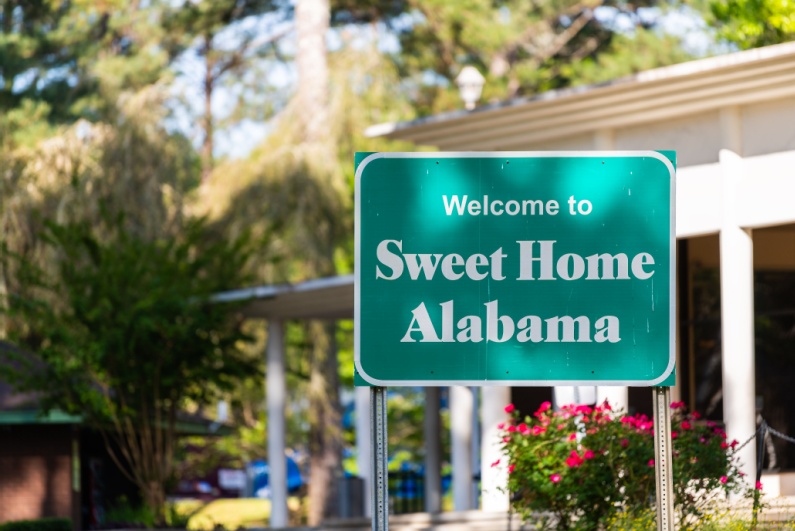Update: The Michigan Gaming Control Board on January 20 gave a tenth gambling operator the approval to go live on January 22. The latest to get the green light is the Lac Vieux Desert tribe, which has teamed up with PointsBet as its online platform provider.
Nine operators go live on January 22
Starting Friday noon, online sportsbooks and online casinos can go live for the first time in Michigan. On Tuesday, the Michigan Gaming Control Board (MGCB) announced that it gave nine operators the green light to launch.
As a result, online sportsbooks will be open for business in time for the ending of the NFL season in the coming weeks. The Super Bowl in particular is always one of the biggest sporting events in the US each year for sports bettors.
open for business in time for the ending of the NFL season
The operators that can go live on Friday are Bay Mills Indian Community (via DraftKings), Grand Traverse Band of Ottawa and Chippewa Indians (William Hill), Greektown Casino (Penn Sports Interactive/Barstool Sportsbook), Hannahville Indian Community (TwinSpires), Keweenaw Bay Indian Community (Golden Nugget Online Gaming), Little River Band of Ottawa Indians (Rush Street), MGM Grand Detroit (BetMGM/Roar Digital), MotorCity Casino (FanDuel), and the Sault Ste. Marie Tribe of Chippewa Indians (Wynn).
Greektown Casino is the only operator that won’t be launching both an online casino and sportsbook. Its online casino rollout will come at a later date, pending regulatory approval.
Beginning of a new era
The MGCB, the state’s gaming regulator, is planning to approve other operators and platform providers in the near future. It already granted 15 provisional platform provider licenses last month. The board’s executive director, Richard Kalm, said the upcoming launch would mark “a new era” for commercial and tribal casinos in Michigan.
Kalm added that Michigan residents are massive sports fans and are eagerly looking forward to placing bets via mobile devices. He also noted that casinos can now engage with customers in new ways, with local communities and the state to benefit from the resulting tax revenue.
the first US state to launch online gambling in 2021
Michigan is the first US state to launch online gambling in 2021. It is also the third most populated state, after Illinois and Pennsylvania, to have a legal online gaming market.
Online gambling taxes in Michigan
Online sportsbook revenue in Michigan will be subject to an 8.4% tax rate. The online casino tax rate will range between 20% and 28%, using a tiered system.
In Detroit, the city will get 30% of the online gambling tax revenues from the commercial casinos, with 65% going to the Internet Gaming Fund (IGF) or the Internet Sports Betting Fund (ISBF) in Michigan. The final 5% – or up to $3m annually from both online gaming and sportsbook taxes – will go towards the Michigan Agriculture Equine Industry Development Fund.
For the tribal casinos in the state, the taxation money distribution is a bit different.
The funds of the ISBF and IGF will be distributed to the MGCB, the State School Aid Fund, the First Responder Presumed Coverage Fund, and the Compulsive Gaming Prevention Fund.
Casinos still struggling
The launch of online gambling comes at a time when many casinos in the state are struggling as a result of the COVID-19 pandemic. The three commercial casinos in Detroit had to close numerous times over the past year due to pandemic restrictions. They are still operating at lower capacities.
Lower tax revenues had a knock-on effect on the local communities where casinos operate. In 2020, revenue generated by the three Detroit casinos fell 57% to $639m, down from a record of almost $1.5bn in 2019. Total contributions from these casinos to the city dropped from $184.2m in 2019 to $73.8m last year. With the launch of online gambling, the resulting tax revenue will be welcome in the region.
The rollout of online gambling in Michigan has been a long time coming. Governor Gretchen Whitmer put pen to paper in December 2019, officially legalizing these activities. Retail sports betting did launch in March 2020, but casino closures and sporting event cancellations during the pandemic led to relatively low revenue yields.



